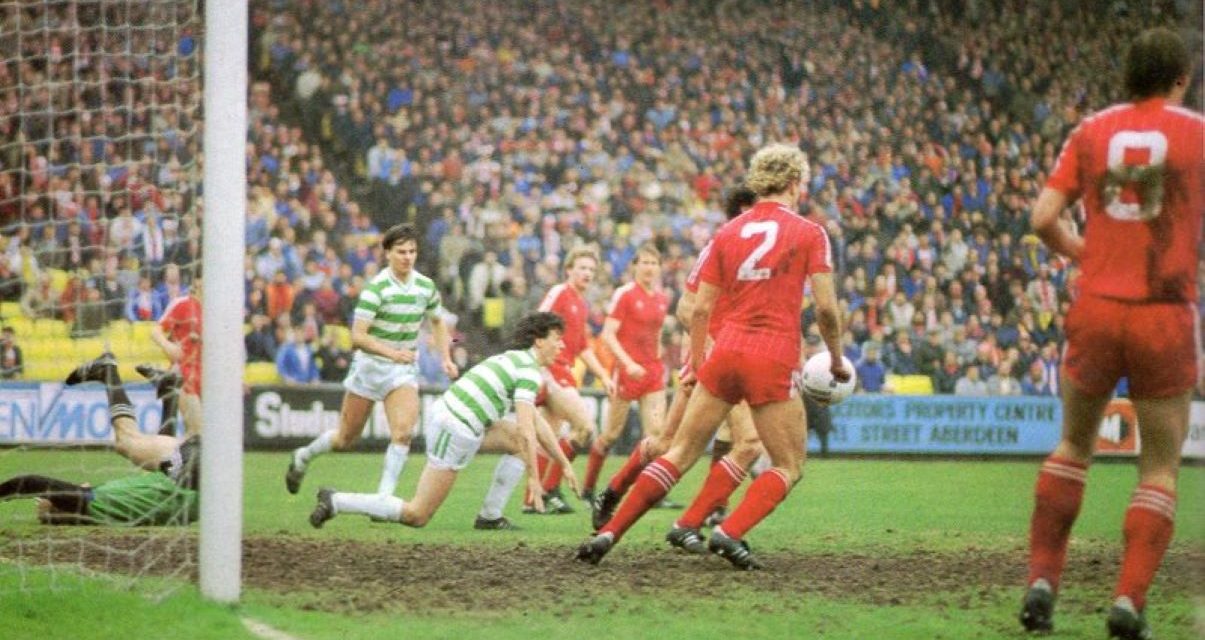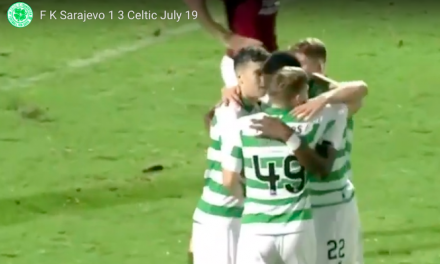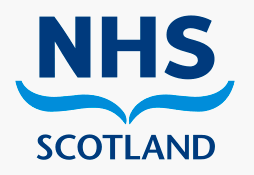There was a time in the early 1980’s, when the new season’s fixtures were released, that there was one particular fixture which Celtic fans looked out for with keen interest. That fixture was the bi-annual trip to Pittodrie.
Before the advent of Inverness CT and Ross County, Aberdeen was the furthermost venue in the Scottish League. In the post 1975, pre-Premier League days, Celtic fans would save up to make a long weekend of the Aberdeen away fixture, often taking wives and partners with them for a short weekend break. On the Saturday afternoon, the women were said to have went shopping whilst the men attended the game, with a night out on the bright lights of Union Street being planned for the same evening.
An older Celtic fan of my acquaintance told me the amusing tale of how his club once ravelled north and stayed overnight in a very small town on the outskirts of the city. The next morning around 40 of the party attended Mass in a small local parish, doubling the congregation and passing comment from the parish priest that he had ‘got a right good turn’ out of the collection.
As infrastructure and roads improved into the new decade of the 1980’s, the journey to Aberdeen became more accessible and overnight stays were no longer a requirement. Buses had also improved considerably and there was now a fair degree of comfort for Celtic fans on the long journey. Toilets were an evolutionary invention on buses and the bucket at the front door next to the driver (think about it) became redundant and was no longer necessary. Although from personal experience, a bus company I was involved with in the mid 1980’s eloquently informed our club that ‘ye kin huv a toilet or a tape recorder but ye cannae huv baith.’ So the toilet was forsaken so the troops could get their weekly fix of Irish rebel songs.
Up until 1982 Celtic actually had the Merkland Road end at Pittodrie (opposite the beach end) and also a section of the main stand and south stand. Celtic’s ticket allocation at this time was around 7,000 but with the popularity and success of Alex Ferguson’s new Dons’ side during that era, that allocation was reduced to 5,000, meaning something of a mad scramble for tickets. In those pre-internet days you were required to queue weeks in advance at Parkhead from 8am on Saturday mornings in order to purchase those precious briefs. The Celtic supporters association boycotted the fixture in 1982 (best remembered for the 17 year old Paul McStay’s first Celtic goal) in protest at the reduction in allocation. This was actually great news for non-association buses such as mine as we were guaranteed an increased allocation from Celtic which resulted in a full busload for that journey. Needless to say the boycott wasn’t repeated.
Most supporters’ buses would leave Glasgow at 8am and have a full ‘cargo’ for the long journey north. There would also be the obligatory stop to replenish supplies at such outposts as Auchterarder, Blackford, Perth, Crieff and Aberfeldy. Everyone had their own routine back then.
In 1982 Aberdeen moved the away support to the ‘beach end’ of Pittodrie. This made more sense as it was the bigger end of the ground and closer to where the supporters’ buses would park. By that time football hooliganism had raised its ugly head and this moved reduced possible confrontation with rival fans outside the stadium. It also gave rise to some hilarity as Celtic fans took short cuts over the large grassy mounds next to the amusements on the shore front. Many a dark night was spent trying to navigate a way over gloomy, grassy embankments to get a short cut back to the bus and many ankle was sprained in the process.
The pre-game drinks in the city centre was a highlight also. In my early days of going to Aberdeen we would visit a union social club near the harbour (can’t recall the trade union involved) for cheap beer and a bit of entertainment. There was an open mic session were fans would take turns singing, the Dons with the Northern Lights and Celtic fans with a variety of numbers, the most popular of which was always the Coronation Cup Song. ‘Said Lizzy to Philip as they sat to dine….’ There was never any animosity between the supporters of both clubs and always a great sense of anticipation that the game in a few hours would be a cracker.
During the Alex Ferguson years at Pittodrie, the atmosphere at Dons v Celts games was absolutely electric. Fergie once taunted his own fans by urging them to ‘rustle their sweetie papers a bit louder’ but the Aberdeen fans usually responded to their rampant team with a wall of noise. For their part, the Celtic fans used the trip to Aberdeen for a song fest. In December 1980 Celtic were demolished 4-0 when Charlie Nicholas scored consolation goal which resulted in the biggest cheer of the dafternoon. In a sheer show of defiance the fans stayed after the game to cheer the players despite the result, something that was to be a common occurrence at Pittodrie during the years.
Aberdeen then boasted some of the best players in Europe. The triumvirate of Leighton, Miller and McLeish were the rock on which their success was built but they had tremendously skilful players like Strachan, MacMaster, Weir, Scanlon and Bett. Meanwhile, they had a conveyor belt of strikers through the years who always managed to put Celtic to the sword, such as Harper, Jarvie, Archibald, Hewitt, McGhee, Black and McDougall.
Aberdeen were seen as a progressive club, and boated the first all seater stadium in Scotland although that was a bit of a misnomer as much of the ground had benches rather than seats, meaning that you could sit anywhere and did not have a seat number. The Dons also boasted the first computerised ticket system and a match programme which was the envy of every other club in Scotland, although it was controversially printed and published in England.
Everyone Celtic fan will have their favourite memories from that 1980’s era. The two wins in the centenary season were vitally important and hugely enjoyable. The 1986 League Cup tie which Celtic won on penalties was another highlight as the fans refused to leave until the team came out to take a bow, the fans holding lighters in the cold night air when the stadium lights were put out in an effort to make then disperse – ‘We’re no’ f****** leaving….oh yes, we’re no’ f****** leaving !’ From personal experience I reckon we got back to Govan after three in the morning. One disappointment was in the centenary season when 5,000 Celtic fans flooded into Aberdeen in anticipation only to find out that the pitch was literally flooded with the game being postponed just an hour before kick-off. We eventually came back up and won a couple of weeks later, courtesy of an Andy Walker goal.
It does have to be said that Celtic suffered several heavy defeats. 4-1 seemed to be a common score line in those days and any win at Pittodrie was seen as a tremendous result. Afterwards some supporters’ clubs would stay in the city until 6 or 7, the adults heading for pubs, the younger element happy to hang around the large amusement park. Always a long and enjoyable day, especially when there was a good result to celebrate returning home to Glasgow on the bus.
There was something sad about watching the recent Aberdeen v Celtic game at Pittodrie on TV. The amount of empty seats in the old stadium was a cause for concern and Celtic’s allocation is now said to be a paltry 2,300, a far cry from the 15,000 Celts who once travelled north in 1971 for a vital game which saw Jock Stein’s team go on to achieve 6-in-a-row.
Hopefully Aberdeen will be able to build their new stadium on the outskirts of the city and remember to give away fans a decent allocation on the process. But for those of us of a certain vintage we will always recall with fondness those great times and great games at Pittodrie.





